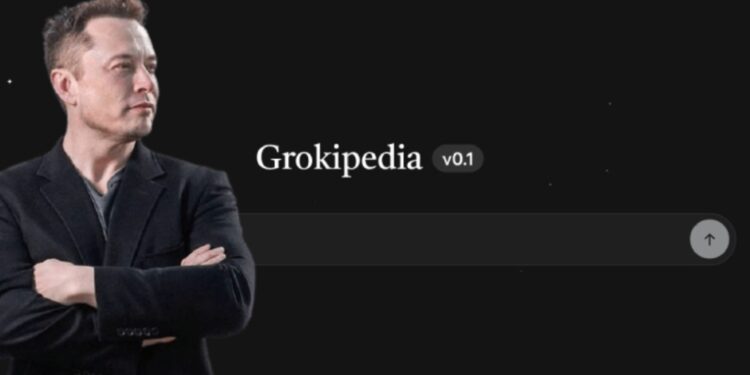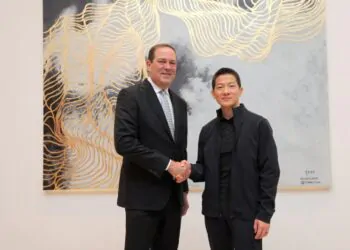Tech billionaire Elon Musk has officially launched Grokipedia, an AI-powered online encyclopedia developed by his artificial intelligence company, xAI. Positioned as a direct, next-generation rival to Wikipedia, the platform went live on Tuesday, with Musk touting it as a “truth-seeking knowledge base” that offers a less biased perspective than its volunteer-edited predecessor. The platform is currently available in an early version 0.1, which Musk claims is already superior to Wikipedia, with a promise that version 1.0 will be “10X better.”
Grokipedia’s core distinction lies in its content creation: while Wikipedia relies on a global community of human editors, Grokipedia’s articles are primarily generated, curated, and fact-checked by xAI’s conversational AI assistant, Grok. Musk, a long-standing critic of Wikipedia’s editorial slant, argues that this AI-first approach will cut through what he perceives as ideological bias and bureaucracy, aiming for “the truth, the whole truth, and nothing but the truth.” The platform’s interface is minimalist and dark-themed, echoing the structural layout of a traditional encyclopedia but replacing human consensus with algorithmic synthesis.
The launch, however, was not without controversy. Early visitors to Grokipedia quickly noted that a significant portion of its initial content appears to be adapted directly from Wikipedia. Entries on numerous topics include a disclaimer stating that the content is “adapted from Wikipedia, licensed under Creative Commons Attribution-ShareAlike 4.0 License,” raising questions about the platform’s originality and dependence on the very source it seeks to replace. At launch, Grokipedia hosted approximately 885,000 articles, a mere fraction of Wikipedia’s multi-million-article depth.
In response to the news, the Wikimedia Foundation, which operates Wikipedia, issued a statement reinforcing the value of human collaboration. The foundation stressed that “Wikipedia’s knowledge is—and always will be—human,” adding that even AI companies like xAI “rely on” the collaboratively built, freely accessible knowledge base to exist. Grokipedia’s debut marks a significant moment in the intersection of AI and online knowledge, initiating a high-stakes debate over whether an automated, top-down model can ever truly rival the scale, transparency, and community-driven trust of a quarter-century-old human collective project. Despite its limited scope at present, Grokipedia represents a bold experiment in how artificial intelligence might redefine the future of the digital encyclopedia.
















